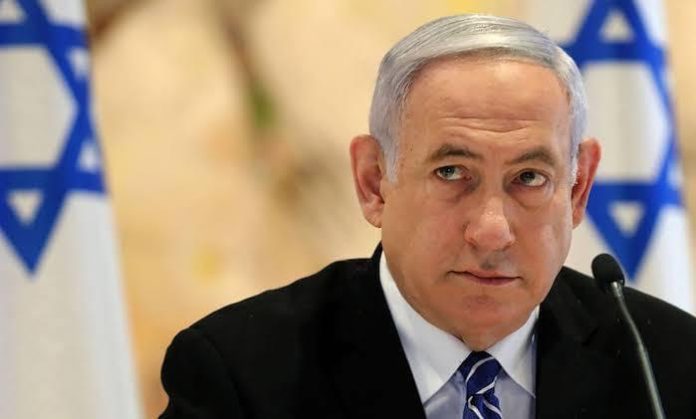The International Criminal Court (ICC) has taken a significant step by issuing arrest warrants for Israeli Prime Minister Benjamin Netanyahu, Hamas leader Ibrahim Al-Masri, and former Israeli Defense Chief Yoav Gallant . This move comes after ICC Prosecutor Karim Khan’s motion in May, seeking warrants for alleged war crimes and crimes against humanity connected to the October 7, 2023, attacks on Israel by Hamas and the Israeli military response in Gaza.
The ICC had previously dismissed Israel’s argument opposing the court’s jurisdiction on the matter. Israel has rejected the jurisdiction of the Hague-based court and denies committing war crimes in Gaza. Additionally, Israel claims to have killed Al-Masri, also known as Mohammed Deif, in an airstrike, although Hamas has neither confirmed nor denied this.
The United States House of Representatives has responded to the ICC’s decision, voting to punish the court for considering charges against Israeli leaders. Speaker Mike Johnson called the arrest warrant “unconscionable” and stated that the ICC “has to be punished for this action.” The proposal, sponsored by Texas Republican Chip Roy, passed with 247 votes in favor and 155 opposed.
Key Reactions:
US Response_: The proposed bill would impose travel and financial sanctions against ICC officials, giving the US president the authority to end them if the court stops investigating Americans or their allies.
Democratic Concerns_: Some Democrats warned that the sanctions could impact Washington’s allies who have ratified the Rome Statute and accepted the ICC’s jurisdiction.
International Implications_: The ICC’s decision may strain relationships between Israel and the international community, particularly with the US.
The ICC’s move has significant implications for international justice and the Israeli-Palestinian conflict. As the situation unfolds, global leaders and citizens will be watching closely to see how this development affects the pursuit of accountability and peace.

